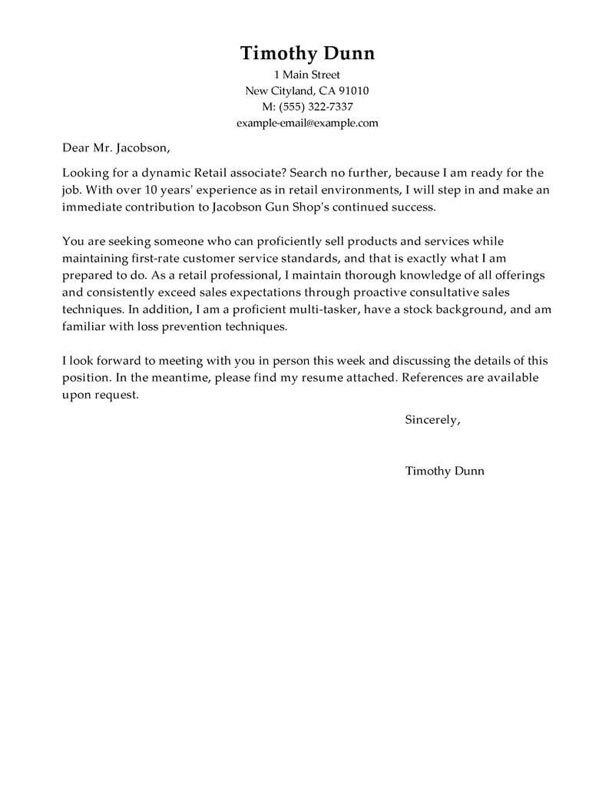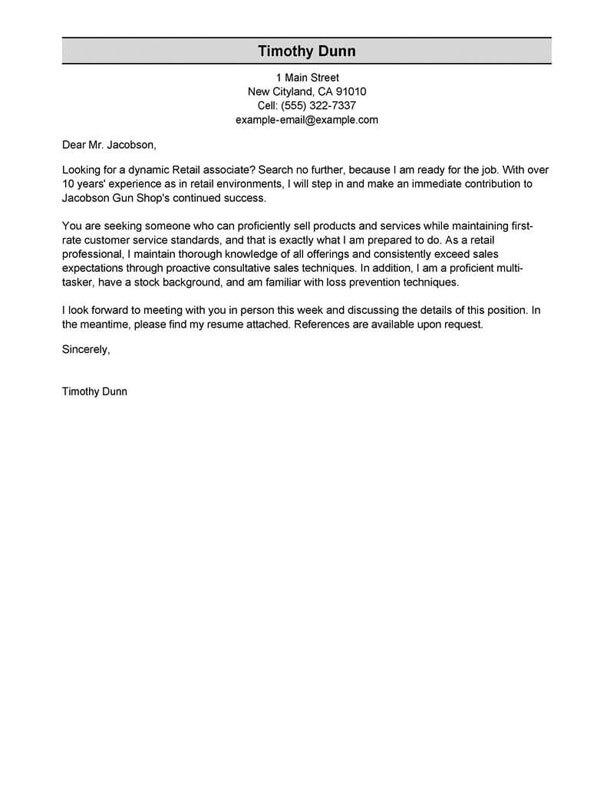TABLE OF CONTENTS
Journalist resume summary examples
The resume summary is one of the first sections a recruiter will look at during their initial seven-second scan of your resume.
You want to quickly capture a recruiter’s attention by showcasing your top skills and qualifications in a concise two-to-three-sentence paragraph.
If you’re an experienced job seeker, you should opt for the professional summary, which focuses on how you meet the employer’s requirements.
Candidates with little to no work experience should choose the objective statement, which allows them to share their career goals and the skills that will help achieve them.
Below, we’ll share examples of professional summaries and resume objectives for the Journalist role so you can better understand them.
Good example:
“ A seasoned journalist with 10+ years of experience, I have an excellent track record of producing high-quality content for a variety of publications. My writing has been featured in prominent publications such as The New York Times, The Washington Post, and The Wall Street Journal. I am adept at uncovering compelling stories, conducting interviews, and creating engaging content that resonates with readers.”
Why this example passes:
- Feature candidate’s success statistic to grab attention. Numbers add detail about how big the results you deliver are, e.g., test scores, passing rate and more.
- Shows career length, 11 years.
- Mentions employer-desired skills: student motivation and interactive lessons.
Bad example:
“ I am a journalist with a passion for writing and reporting. I have a strong eye for detail and am always looking for the story. I am experienced in using various media platforms to share my work.”
Why this example fails:
- Doesn’t include any numbers that quantify journalist’s performance
- Uses vague descriptions and skills.
- Doesn’t include years of teaching experience.
The fastest way to write your professional summary
The last thing you want is to miss out on a job because you didn’t apply in time. That’s why you should check out our Resume Builder.
It’s automated and offers pre-written content to help you write an excellent professional summary. You can complete your entire resume in 15 minutes!
- 1
Enter the details about the job title you held. The builder comes preloaded with auto-suggested phrasing written by resume experts.
- 2
Then, just pick from these suggested phrases that best frame your experience and customize them to your liking!
- 3
All you have to do is choose the summary phrases that best frame your experience. It’s like having a professional do it for you!
Our Resume Builder is an ideal solution to all your resume-writing needs, but did you know that LiveCareer also offers professional resume-writing services? Take advantage of all the tools we have at your disposal and land your dream Journalist job!
The reviews are in!
See what they're saying about us on Trustpilot.
Journalist resume work experience examples
One of the most important sections in any resume is the work experience. Writing a work experience section that demonstrates you have what it takes to thrive in the job is crucial to writing a resume. Recruiters want to see your unique achievements, so leave the generic job duties out. Use the following examples to understand better how to write this section.
Good example:
Johnson Consulting I Rolling Meadows, IL I 8/2018-current
- Reported on a wide range of topics, including local politics, business, and sports
- Wrote and edited stories for print and digital media, ensuring accuracy and clarity
- Conducted interviews with high-profile individuals, developing relationships with sources
- Produced multimedia content, including videos, podcasts, and interactive graphics.
Why this example passes:
- Numbers and statistics add detail and quantify the results this journalist delivers: 4% improvement and a class size of 20-25.
- Good use of strong words and active language.
- References specialized value cahier provides with “individualized lesson plans.”
Bad example:
Malone Group I Redmond, WA I 4/2022-present
- Wrote articles for local newspaper
- Researched topics for articles
- Interviewed sources
- Attended press conferences and events
Why this example fails:
- Lacks numbers or statistics.
- Describes general tasks, not teaching achievements or career highlights.
- Uses active verbs, but doesn’t focus on results.
Journalist resume skills examples
Here are 18 sample skills for journalist:
- Content Creation
- Story Development
- Audience Engagement
- Breaking News Coverage
- Social Media Engagement
- Writing and editing
- Media operations knowledge
- Investigation ability
- Story development skill
- Public opinion expertise
- Interviewing strength
- Media operations understanding
- Interviewing skill
- Public opinion understanding
- Interview strategies
- Human interest content
- Publication best practices
- Videography and photography
You should sprinkle skills and abilities throughout your resume. Include them in your professional summary, work experience blurbs and a dedicated skills section.
Examples of additional resume sections
Your Journalist resume must include the following: contact information, resume summary, work experience, skills and education. These are the five main resume sections; however, you can customize your resume with additional sections.
Here are some examples of optional journalist resume sections that you could add to provide greater detail:
- Languages
- References
- Additional skills
- Interests
- Certifications
- Accomplishments
- Software
- Professional skills
Ensure you only share relevant qualifications in your resume’s additional sections. Better to have a concise resume that’s quick to read!
How to choose a resume format
0-3
Years of experience
Functional formats
- Focus on skills.
- Best for first-time journalist who lack work experience.
- Good for people re-entering workforce.
- May omit dates in the work history section.
Organization:
- Skills listed above work experience.
3-10
Years of experience
Combination formats
- Balance skills and work history.
- Ideal for mid-career journalist.
- Suitable for career changers and people seeking promotion.
Organization:
- Skills next to or above work experience.
10+
Years of experience
Chronological formats
- Put the most focus on work history.
- Best for journalist with a long, steady career.
- Most popular format.
- Preferred by recruiters.
Organization:
- Work experience listed above skills.
Once you know the best format for you, it’s easy to pick a journalist resume template. Templates are preformatted layouts created by design professionals to ensure your resume looks amazing!
Featured in:*

*The names and logos of the companies referred to in this page are all trademarks of their respective holders. Unless specifically stated otherwise, such references are not intended to imply any affiliation or association with LiveCareer.





